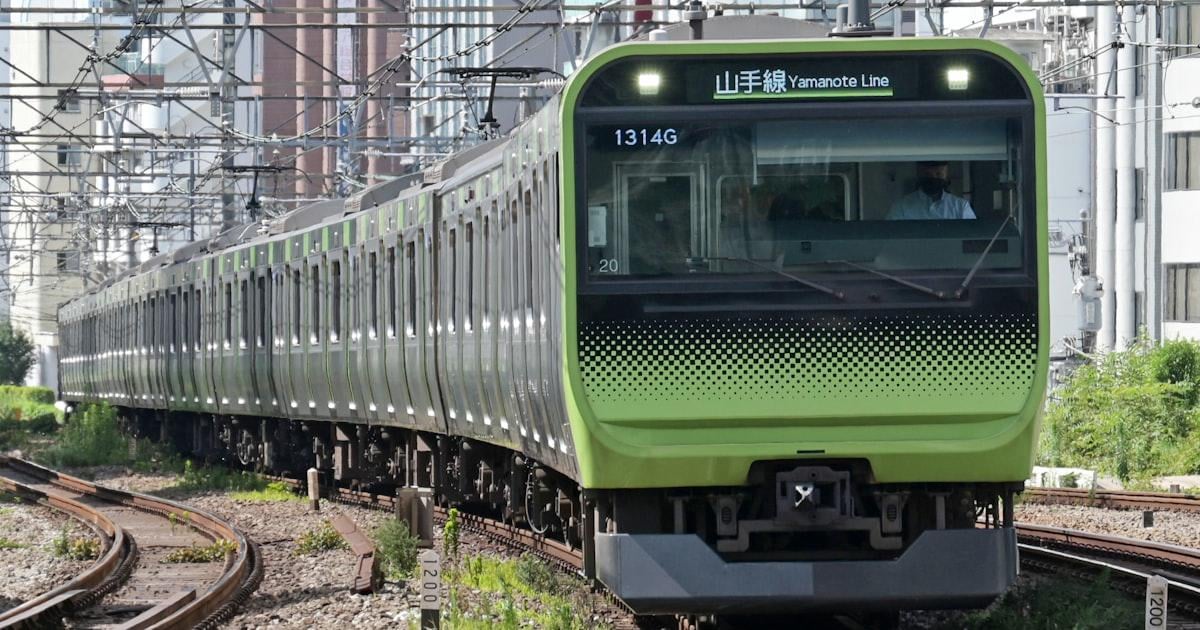
On August 1, JR East announced that the Ministry of Land, Infrastructure, Transport and Tourism approved its request to raise train fares. The average increase will be about 7.1%, starting sometime in March 2026. They will also expand areas where discounted “off-peak commuter passes” are available and make other pricing changes.
Specifically, regular fares will go up by an average of 7.8%, commuter passes by 12%, and student passes by 4.9%. For example, the starting fare on the Yamanote Line will rise from 150 yen to 160 yen. This is the first major fare revision (excluding tax-related hikes) since Japan National Railways was privatized in 1987.
The exact date for the price changes will be announced later. The fare increase is expected to bring in an additional 88.1 billion yen annually, which JR East plans to use for safety improvements and repairs to stations and trains.
Additionally, 18 stations—including Soga on the Keiyo Line and Hiratsuka on the Tokaido Line—will be added to the off-peak pass area. JR East currently limits these passes to special discounted zones, but with the fare hike, those zones will be eliminated. Areas with particularly crowded morning rush-hour stations in the Tokyo metropolitan area will be included.
Furthermore, JR East will abolish over half of the “special zones (Tokyo area)” where fares have been kept lower to compete with other rail companies. The “Unlimited Yamanote Line Pass,” which allows unlimited rides within the Yamanote Line loop, will also be discontinued.
by MagazineKey4532
